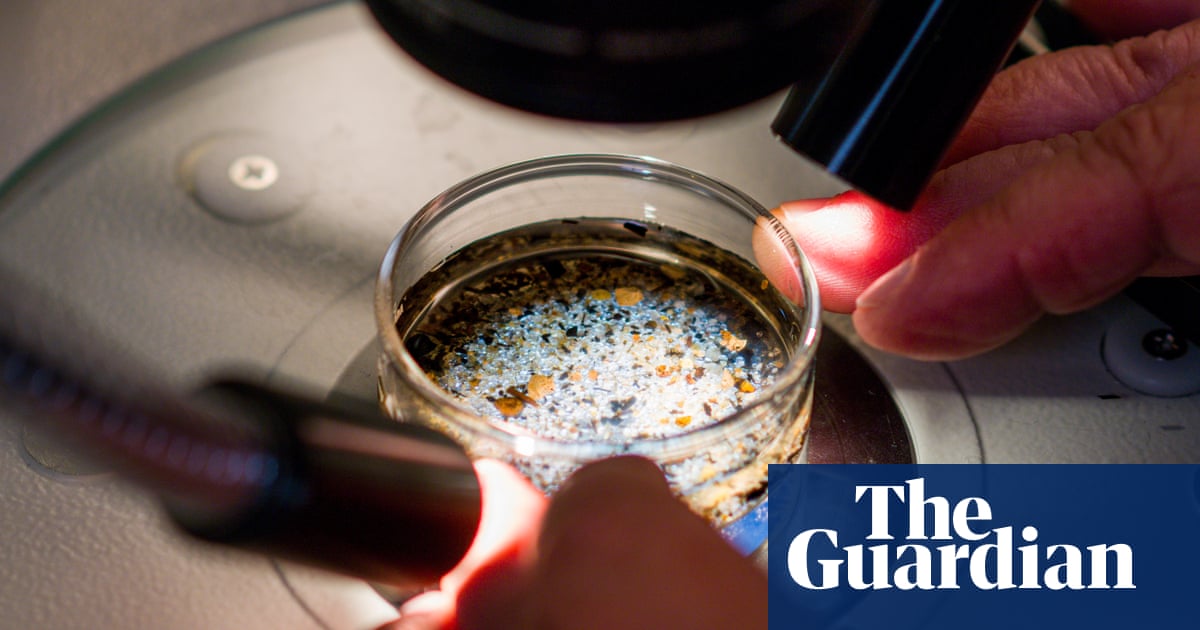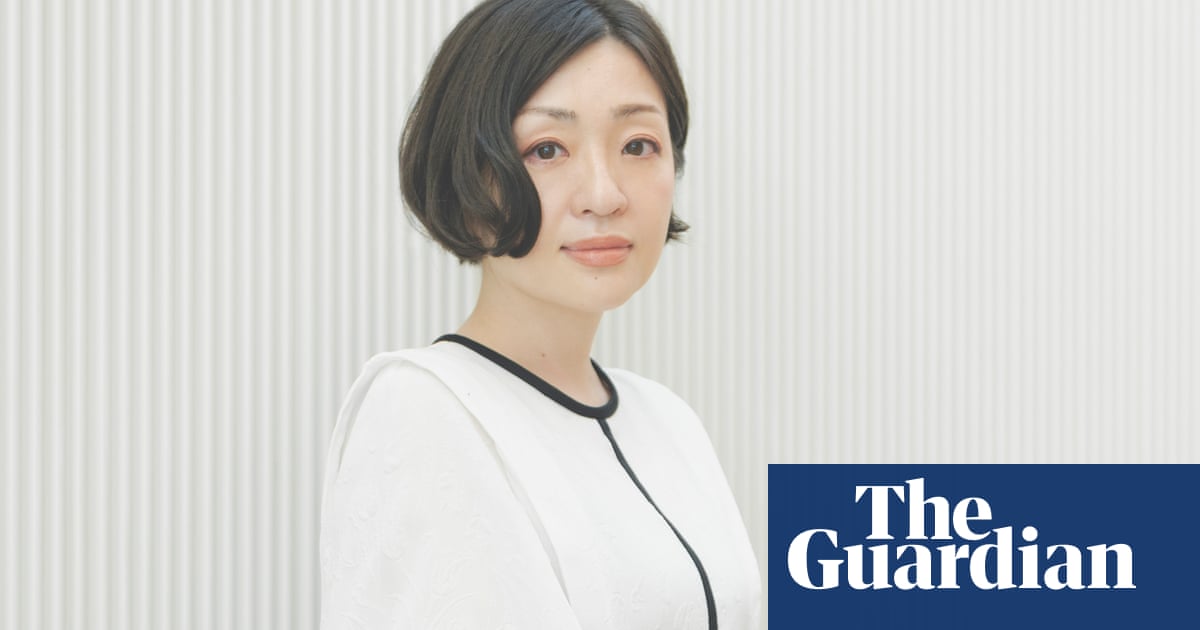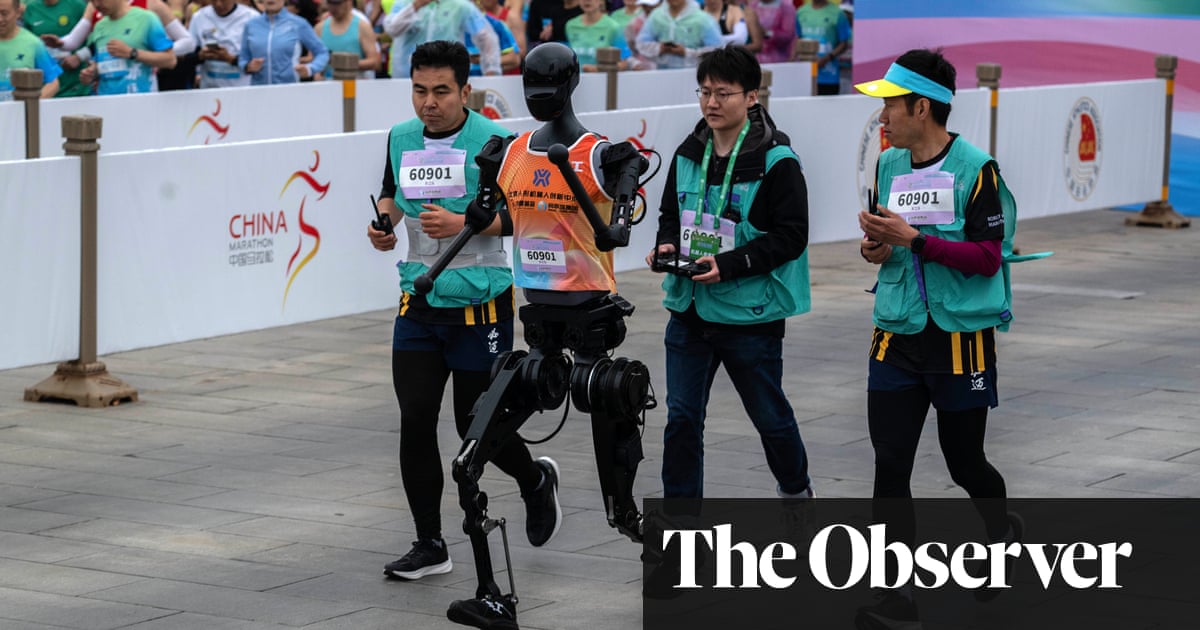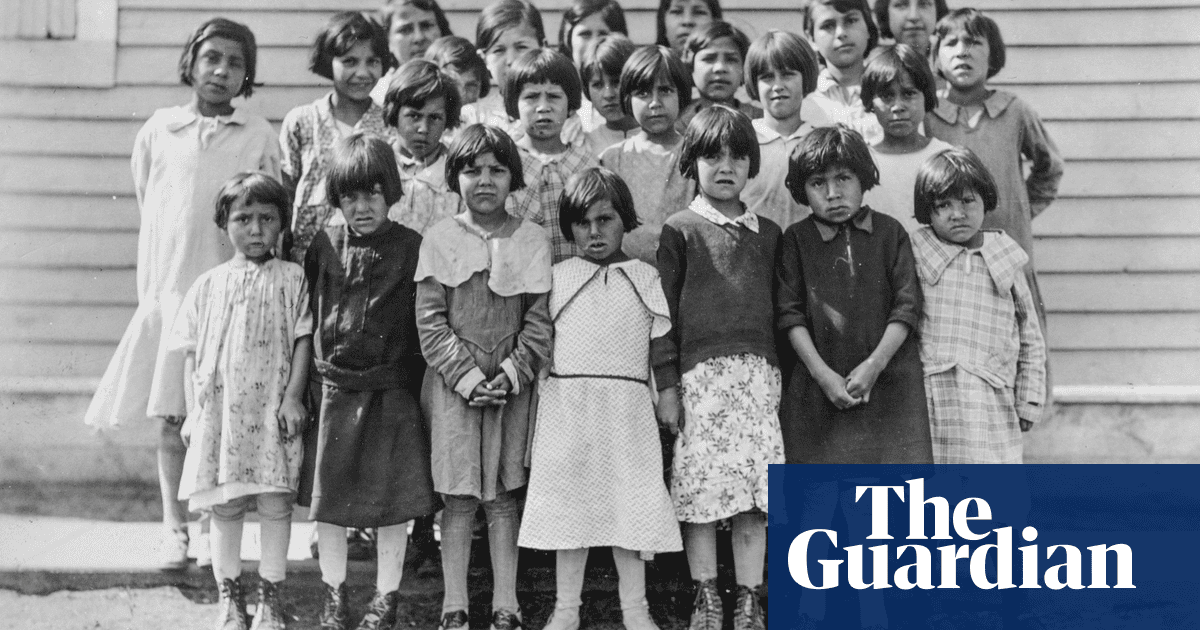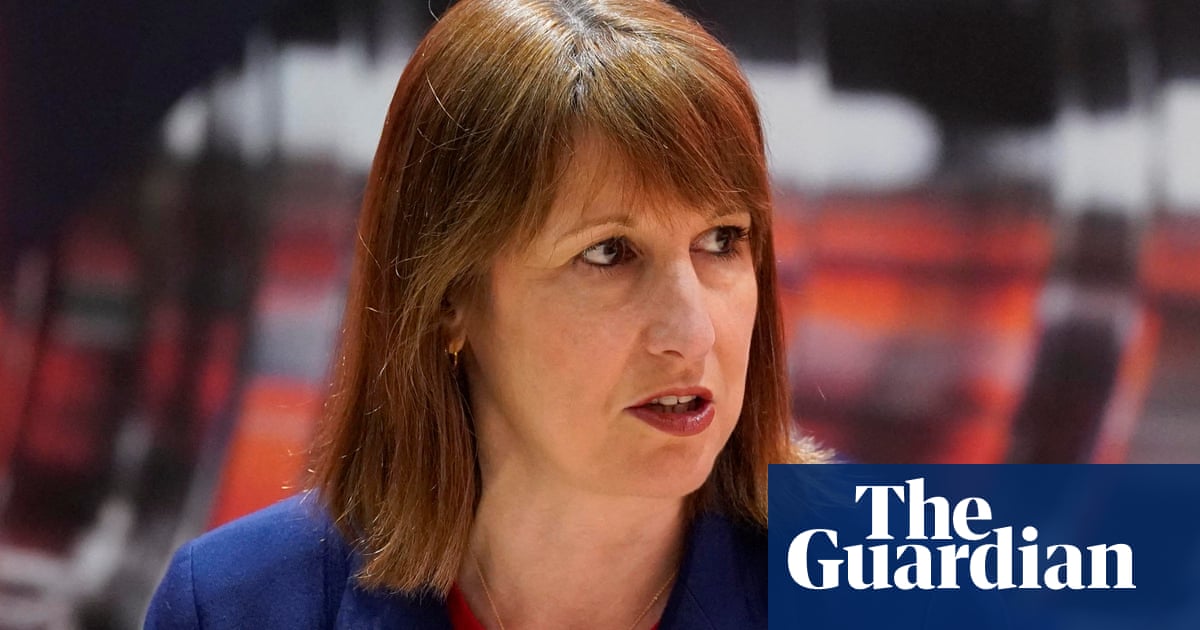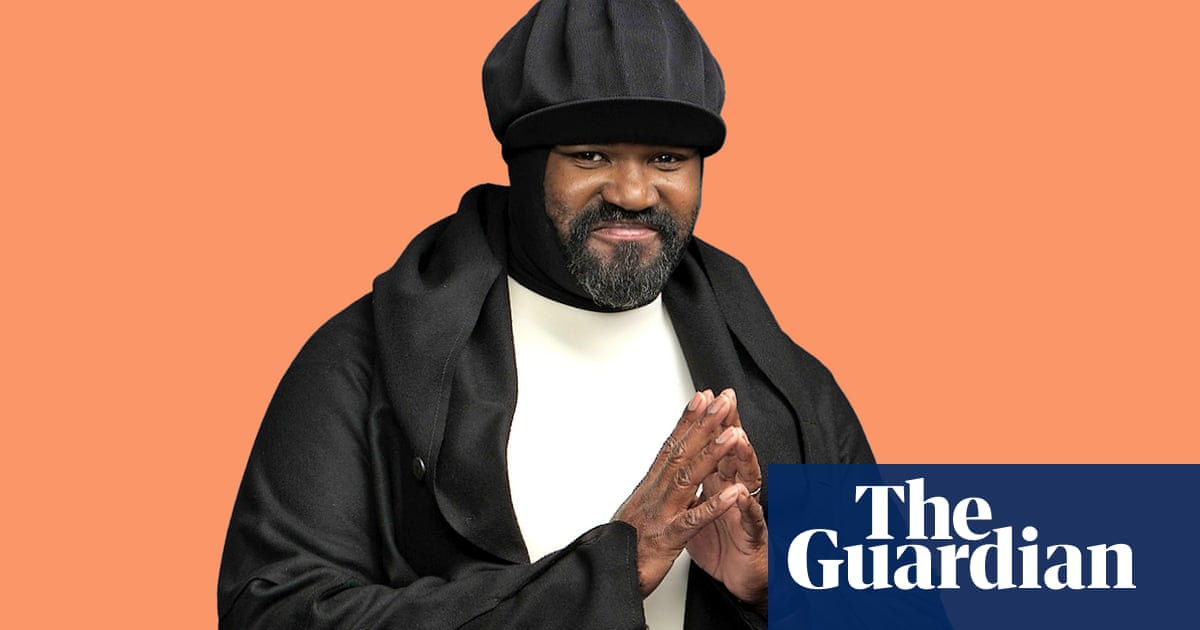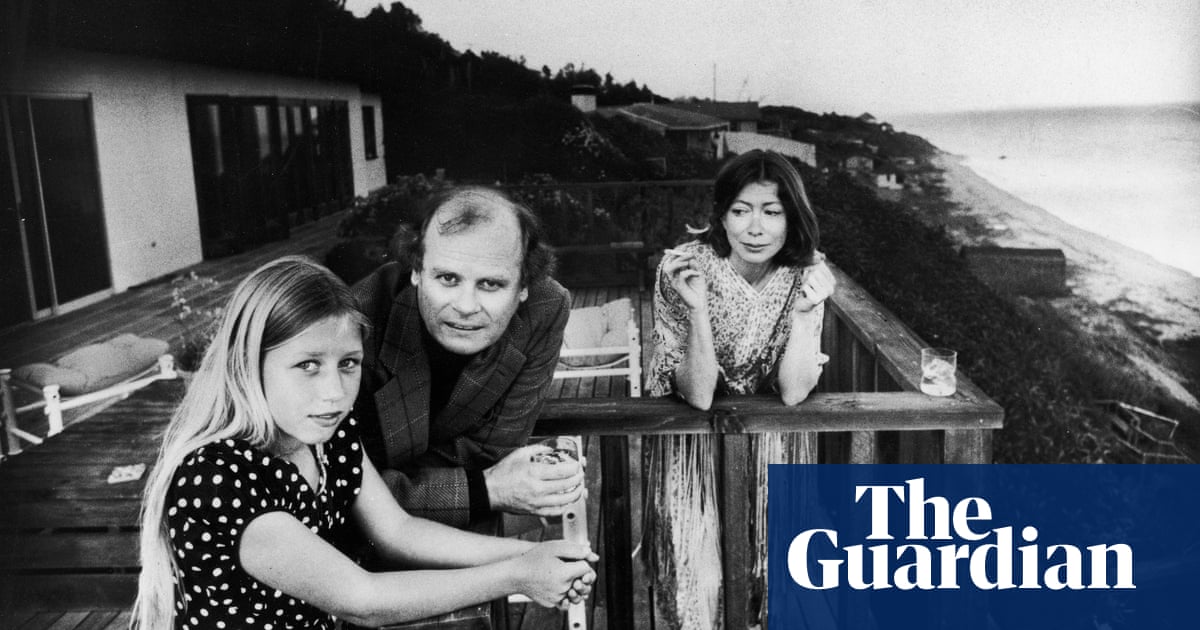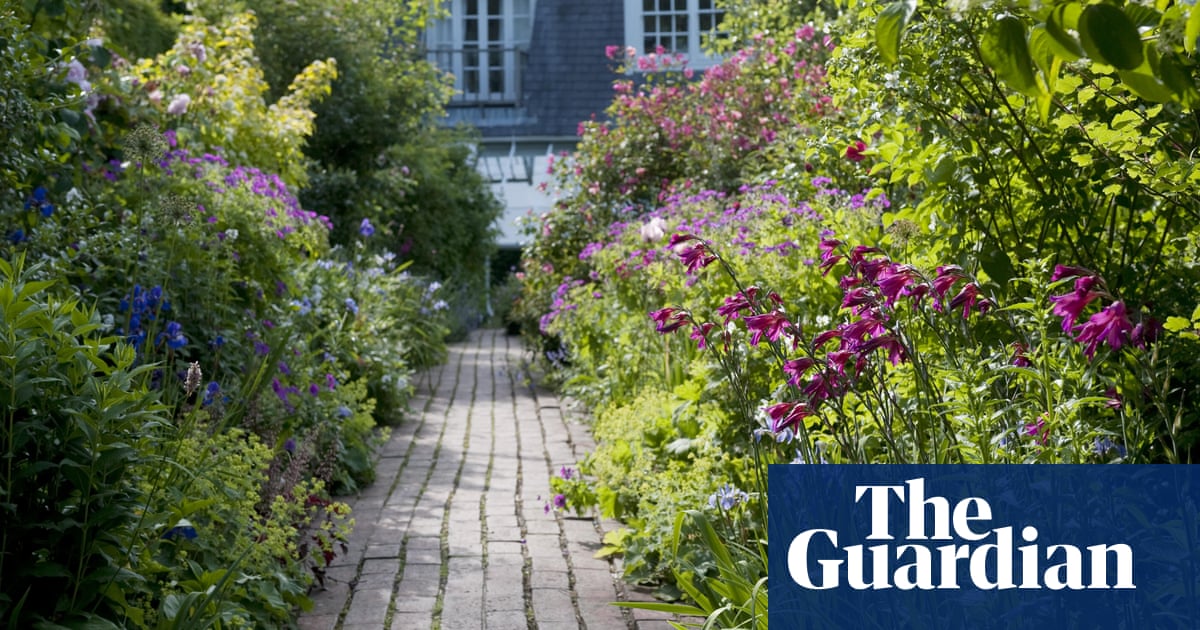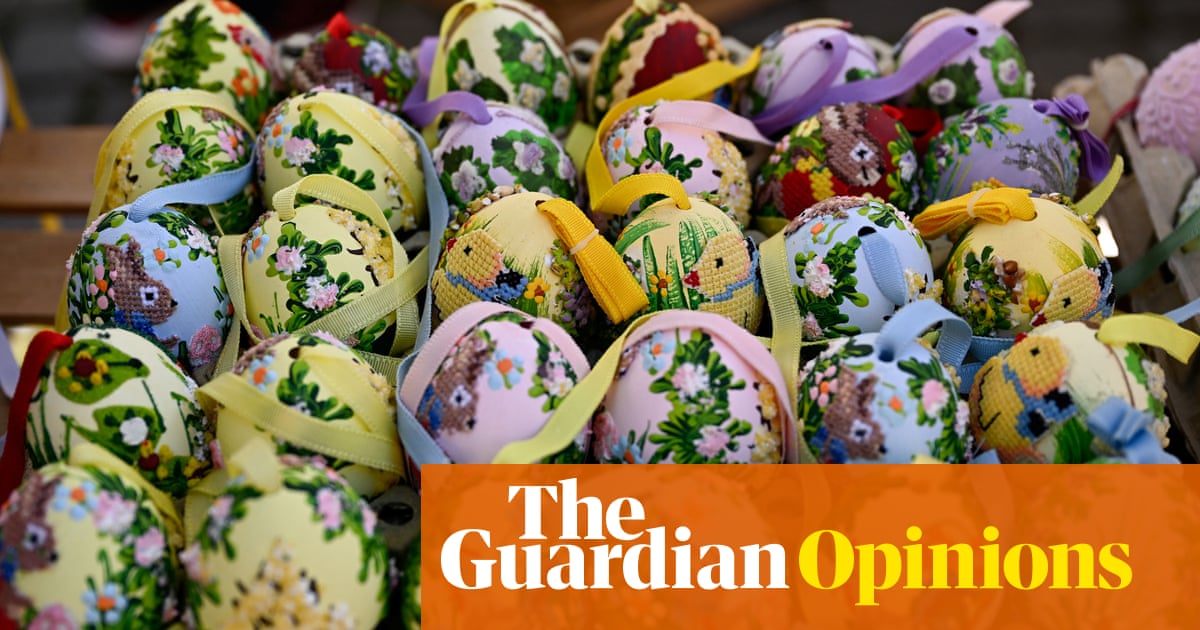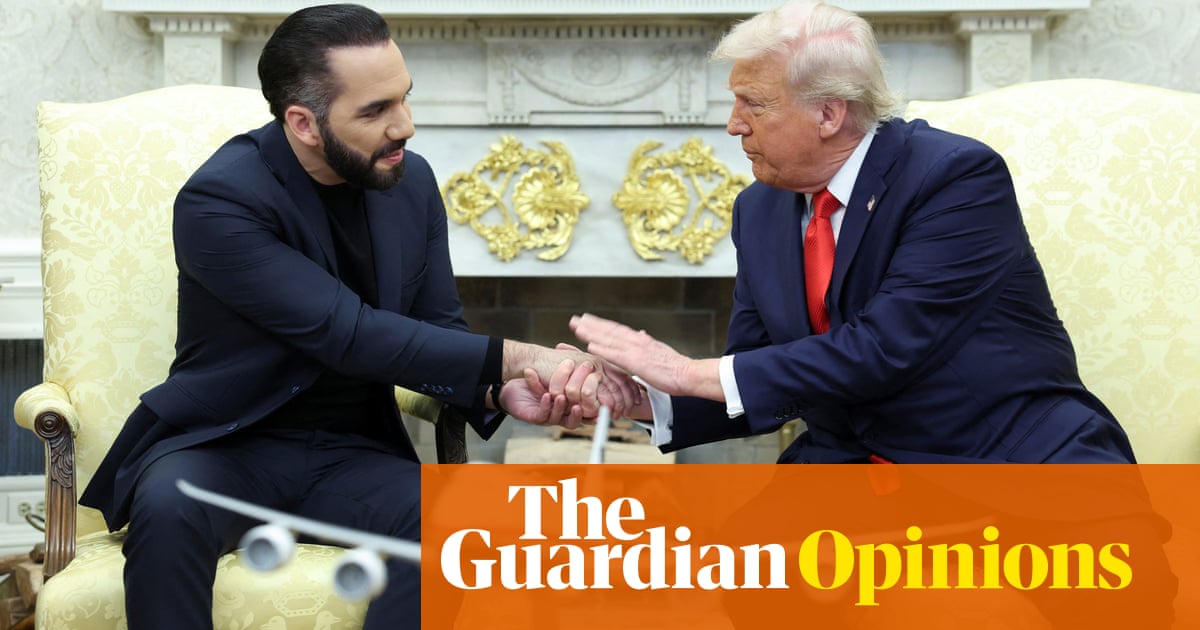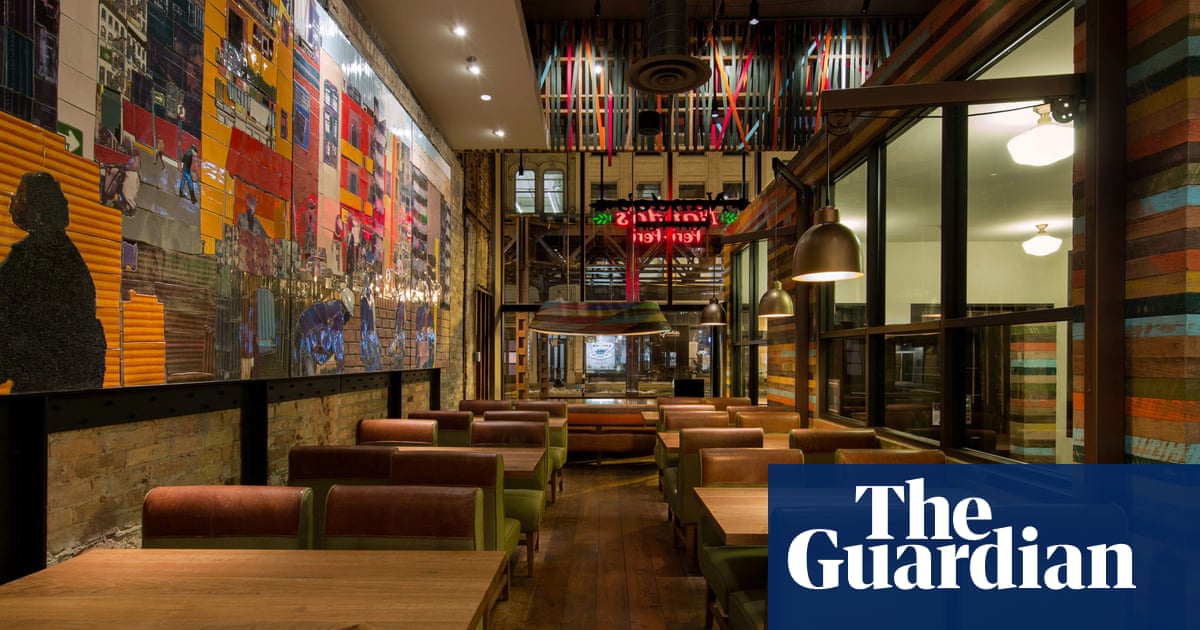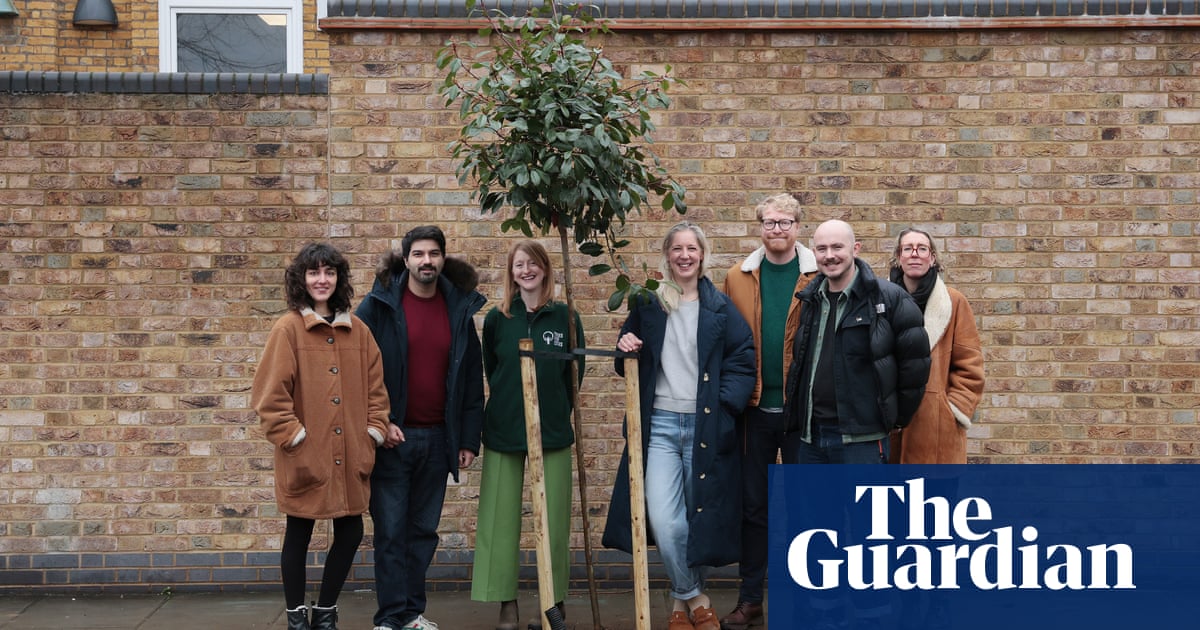The woman who stared down the guns in Chad
She strode across the border, back straight, face raised towards the burning sky. A soldier from Sudan’s paramilitary Rapid Support Forces (RSF) turned towards her.
Nadifa Ismail slowed, staring him straight in the eye. Weeks earlier, the RSF had executed her only son, burned down her home, raped her friends. She kept looking at the man and his gun. The man, eventually, backed off.
The mother and her five daughters had been walking for weeks, hiding from RSF kill squads, until reaching the border with Chad. The last thing she needed was a Guardian reporter harassing her. Yet Ismail ducked no question, answering each politely and at length. Her daughters watched, hanging on her every word.

“I have to speak. The world has to know what is happening in there,” she said, gesturing towards Darfur, the vast region of west Sudan where her home once stood.
Her eagerness to help, her indefatigability, her determination to keep going, encapsulated not only the instincts of a mother, but also the millions of Sudanese whose lives have been flipped upside down by its brutal conflict.
War is often about ordinary people enduring extraordinary events and, in my mind, 10 months on from our meeting, Ismail embodies the greatest humanitarian crisis on the planet.
Sadly she had no phone, so I am unable to offer an update on Ismail’s plight. Instead, I fantasise that one of her daughters will one day return to rule Sudan and, like her mother, stare down the men with guns until they go away.
Mark Townsend
The activist shining a light on Kenya’s darkest period
Earlier this year, I interviewed the rights campaigner and torture survivor Patrick “Paddy” Onyango about renewed calls for the Kenyan government to memorialise Nyayo chambers, the underground cells where people opposed to the autocratic rule of Kenya’s second and longest-serving president, Daniel arap Moi, suffered torture, starvation and rape.
The brutal crackdown on political dissidents and activists during Moi’s rule, at its height between 1986 and 1992, is one of Kenya’s darkest periods yet it is barely taught in schools. The former interrogation cells remain largely inaccessible to the public, in the basement of a bustling multistorey immigration centre.

My video interview with Onyango went on for more than an hour, covering his time as a student activist up to the 56 days he spent in the damp, dingy chambers. He didn’t match my preconceived ideas of someone who had lived through many harrowing years, with his light and unassuming manner. He spoke candidly of some of the darker parts of his experience.
But there was a heaviness to him when he spoke of the impact on his loved ones. His parents spent many years not knowing if he would ever return home, and his fiancee was dragged to the cell where he was being held and forced to watch as they tortured and humiliated him, before being raped. She took her own life after she discovered she had become pregnant from the abuse.
When I asked Onyango whether he had any regrets over what he had endured for his activism, he said no, because he had lived to see a freer Kenya, though there was still more to be done. Earlier this year, young Kenyans who took to the streets to call for change, fed up at the lack of government accountability for debt and corruption, were met with a violent response. “It’s important for this generation to know that if they lower their guard, there are chances of going back to the dark days,” he told me.
“We need to pass this story from one generation to another, to the point where we talk of ‘never again’.”
Caroline Kimeu
The Ugandan on the frontline of the fight for gay rights
Brian Aliganyira runs the Ark Wellness Hub in Kampala, Uganda, providing healthcare for LGBTQ+ people. I first met him in London in April – he was in the UK for a conference and a local HIV activist had suggested we speak.
Uganda has passed laws making homosexuality illegal, introducing the death penalty for “aggravated homosexuality”. In a London coffee shop, Aliganyira spoke softly and steadily as he described the challenges he faced in an environment that is increasingly hostile to the community he serves.
He has faced physical and verbal threats, including his car being run off the road. On social media, the clinic has been falsely accused of corrupting children and recruiting people to gay lifestyles. It is harder to deliver vital medicines to LGBTQ+ people living with HIV because of the stigma surrounding their sexuality.

But Aliganyira was determined to continue his work, and to let the world know what was happening on the ground in Uganda. He is on the frontline, fielding WhatsApp messages from distressed clinic patients who have been turfed out on to the streets by their families because of their sexuality.
When I met him again at an international Aids conference in Germany, he told me he had had to lie low for a short while after the interview was published – but that he was glad he had told people in other countries what was happening. I am grateful that he was brave enough to share his story.
Kat Lay
The Nigerian writer joining a publishing revolution
In August, I spoke to the Nigerian poet and author Lola Shoneyin, founder of Ouida Books, a successful publishing house in Lagos. Shoneyin, who has written seven children’s books, had led a year-long programme aimed at revolutionising the children’s book industry in Nigeria. When asked if there was someone who inspired her, she mentioned Tonye Faloughi-Ekezie, known for writing about her children, particularly her nine-year-old daughter Simone, who has Down’s syndrome. Faloughi-Ekezie’s story was immediately compelling.
I interviewed her remotely for a September feature, where she shared that when Simone’s brother, Ugo, began asking about the therapist visiting their home, she looked for a book to explain Simone’s condition but found none. So, she wrote her own, initially printing just two copies for her children. Her first book, Ugo and Sim Sim: What is Down Syndrome?, was published five years ago.

Despite the challenges of Nigeria’s publishing landscape, she went on to sell 5,000 copies of the book before teaming up with Ouida Books.
When Faloughi-Ekezie visited London in September, I invited her to the Guardian offices. She spoke passionately about changing perceptions, expressing frustration when people said “sorry” upon learning of her daughter’s condition. “Every child with special needs should be loved exactly as they are,” she said.
Recently, Faloughi-Ekezie shared on WhatsApp that the Tanja imprint of Shoneyin’s Ouida Books published the second edition of her first book in October – her first collaboration with a publishing house.
Saeed Kamali Dehgan
The doctor treating victims in Myanmar
Dr Tracy (not her real name) was 21 when the Myanmar military organised the coup in 2021. She was studying at the University of Medicine in Yangon, but like thousands of other students and government staff, she quit to join the nationwide civil disobedience movement.
She fled to Karenni state, a resistance-controlled area east of Myanmar, to help set up clinics and provide medical treatment. She continued her education under the interim administration while offering healthcare to vulnerable people.
At the age of 26 she was conducting life-saving operations on the victims of airstrikes and military atrocities.
In the early days, she says she cried in the operating theatre every time she lost a patient, but after more than three years of conflict she had become hardened to atrocities.
Many people in Myanmar, including myself, have endured grim mornings as we come to terms with the tragic news of innocent lives lost. Dr Tracy witnesses the horrors of war daily. Many young people her age across the world spend their time with their families or having fun. But Tracy was dedicated to providing essential services to the victims of the most brutal atrocities.
Aung Naing Soe
The Guatemalan politician fighting for democracy
When I observed Thelma Cabrera hugging a mango tree, I was moved. This small Indigenous Guatemalan woman had embraced the big tree that had given her fruit since she was a teenager working on a coffee plantation in her native region of El Asintal.

Then I listened to the words of this surprising politician from the humblest of backgrounds. Cabrera, 53, spoke about “el buen vivir”, the good life, an Indigenous political ideology of living with nature instead of exploiting it. The tropical hills that surrounded us seamlessly grew into dark volcanoes on the horizon.
Twice, she ran for the Guatemalan presidency. The first time, in 2019, her name suddenly echoed around poor villages nationwide. As a Maya politician, a campesina woman, she spoke to the forgotten rural Indigenous peoples. She almost made it to the second round. Then, last year, as she tried again, the conservative elites banned her from the ballot.
When I interviewed her for the Guardian, she said: “When have we ever had democracy in Guatemala? Never.” This wasn’t cynicism but a matter of fact. Latin American Indigenous resistance goes back centuries. She joined the rural activist movement more than 30 years ago. As she put it, “We are fighting for the long term.”
Joost De Vries

 3 months ago
55
3 months ago
55

